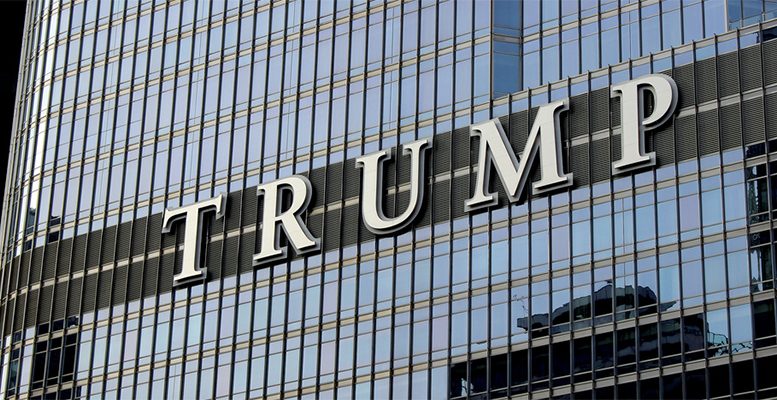Behavioural finance theory tells us that, while ultimately they are rational, markets are susceptible to short term emotional moves and politics can be part of that. In that sense the rational aspect of markets is busy trying to discount cash flows with the appropriate discount rate while the more emotional and narrative driven aspect of markets can not only be moving discount rates (too high or too low) as happened immediately after the US election but also be creating expectations of cash flows that may not turn out to be correct. For example, AXA IM consider the narrative of isolationism and tariff barriers that is currently impacting emerging market exporters as strategists and analysts try and pull out economic consequences from the potential policies of the new US administration.Rather like similar statements around UK and Brexit, it is easy for the assertions to become accepted without any real evidence and to the extent that they become embedded in prices it represents a free call option to go the other way. It is always interesting to speak to an analyst at the end of a long marketing tour as the ‘reverse broking’ is often evident and they tend to open the meeting with the statements that have generated the most favourable attention in recent weeks. As analyst Mark Tinker at AXA IM explains:
Thus speaking to a sell side economist this week, their assertion discussed was that President Trump would declare China a currency manipulator because it would be ‘an easy win’, a view that was part of a wider view about a weaker renminbi (RMB) and I am guessing something of a consensus among clients in Asia on account of it being produced as the upfront statement in one presentation. I am not so sure. Personally, I can’t see why that would be a ‘win’ for President Trump, not least since he would have to change the definition of currency manipulation currently in use in order to do so, opening him up to widespread criticism on a number of fronts to little advantage.
The definition is to meet all three of 1) a trade surplus with the US greater than US$20billion, 2) a current account surplus greater than 3% of GDP and 3) a country that repeatedly devalues its currency by buying foreign assets greater than 2% of GDP over the year. China hits the first of course and misses the second and it is difficult to argue the third when China has been intervening to support its currency. While declaring China a manipulator under these circumstances would allow tariffs to be imposed, it would not only provoke an unnecessary row with China and almost certainly a reference to the World Trade Organisation (WTO), but also re-inforce the ‘alternative facts’ narrative to no real purpose. So not an easy win, but more of an ‘unforced error’. If anything, Korea and Taiwan have acted much more as currency manipulators, while thanks to multinational accounting Ireland has the fifth largest trade deficit with the US, more than three times that of Canada.
The argument is the same with unilateral tariffs on China, another commonly held view based on a reading of campaign rhetoric. However, if, as he has repeatedly stated and shown by his actions, President Trump’s real priority is to bring jobs back to America, raising tariffs that make imports more expensive. Mark Tinker points:
I think is a very crude way of doing it. Tariffs on Chinese goods would only lead to switching to Vietnam or other Asia as a supplier, often from the same manufacturer who currently re-imports to China before exporting. Equally, raising input prices across the board for basic consumer goods without US domestic competition would simply alienate his voter base who would face price rises at Walmart and higher inflation. And contrary to some conventional wisdom, higher inflation is not seen as a ‘good thing’ by low wage consumers, even if it remains an obsession of some central bankers.
Thus a policy that potentially hits his core voters, alienates not just China but the whole of Asia and could trigger reprisals against big US corporations (Boeing suddenly gets orders cancelled, health inspections on US agricultural exports, etc.) seems to me very far from an ‘easy win’. Together with the shift on the issue of the One China strategy, this would represent an extreme position being moderated as part of a wider ‘deal’.





